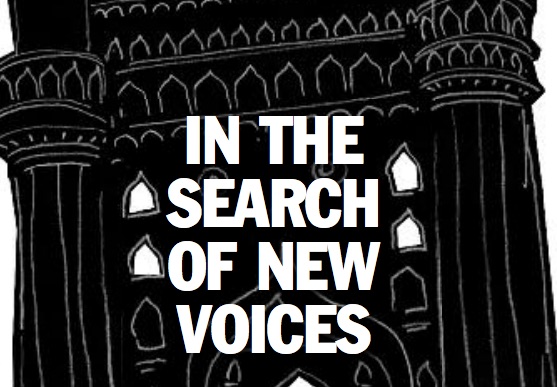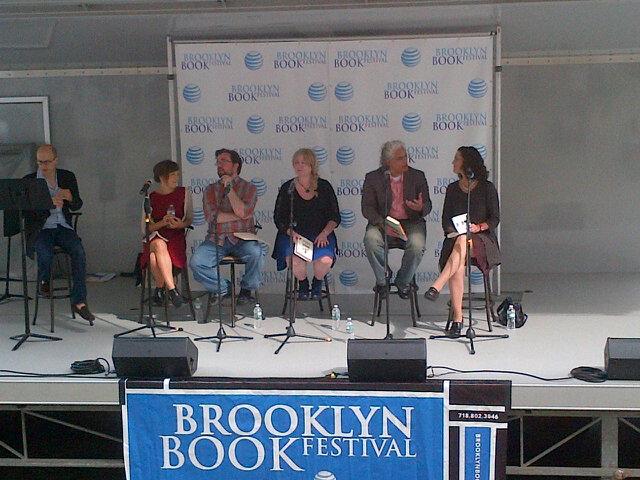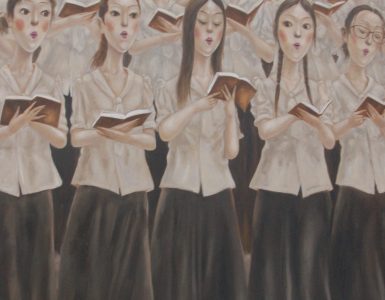Some essays appeal to the literary critics and some other essays appeal to the artist. Saying it is not taking anything away from the critic, but it’s a different kind of pulsation. For example, when you read War and Peace you will feel that you’ve just listened to music. That music is not in the sentences or in the words or in any memorable phrase that sticks out like a favorite tune. It is in the way the world in that book breathes, you can almost hear it come alive, expanding and contracting, collapsing, sometimes like a beast, sometimes like a concert, sometimes like loneliness and some other times, well, some other times, like standing under a sky with stars in it. In that sense I think a musician, an artist who creates music, is somehow privy to some things that a novelist struggles to achieve. Here are Rosanne Cash’s words from her brilliant essay Don’t Fact-check the Soul in The New York Times:
But with or without prescience, considering only the hard-earned craftsmanship of songwriting, as I get older I have found the quality of my attention to be more important, and more rewarding, than the initial inspiration. I’ve found that the melody is already inherent in the language, and if I pay close enough attention to the roundness of the vowels and the cadence of the words, I can tease the melody out of the words it is already woven into. I have found that continual referral back to the original “feeling tone” of the inspiration, the constant re-touching of that hum and cry, more important than the fireworks of its origin. I have learned to be steady in my course of love, or fear, or loneliness, rather than impulsive in its wasting, either lyrically or emotionally.
This maturation in songwriting has proven surprisingly satisfying. Twenty-five years ago, I would have said that the bursts of inspiration, and the transcendent quality that came with them, were an emotionally superior experience, preferable to the watchmaker concentration required for the detail work of refining, editing and polishing. But the reverse is proving to be true. Like everything else, given enough time and the long perspective, the opposite of those things that we think define us slowly becomes equally valid, and sometimes more potent.






